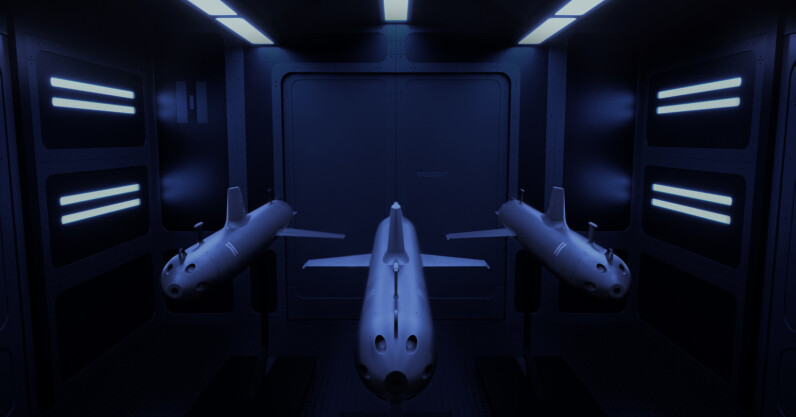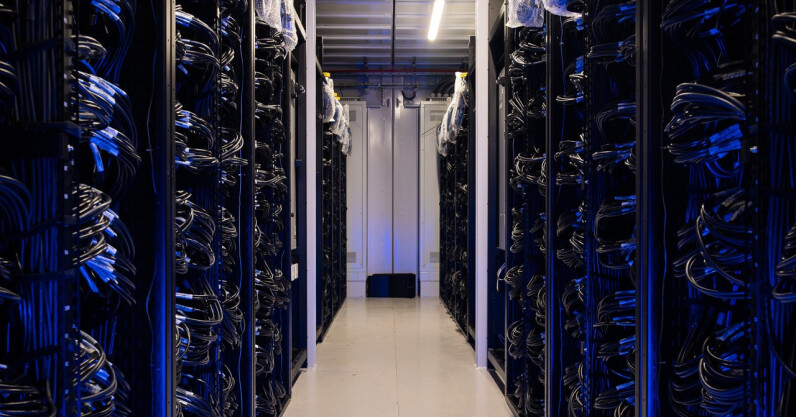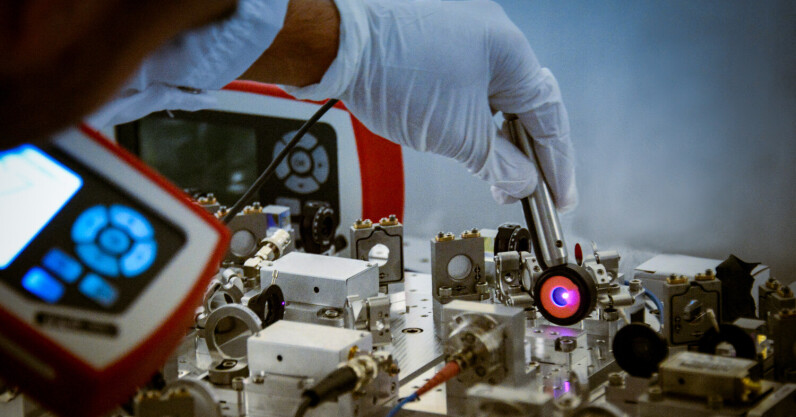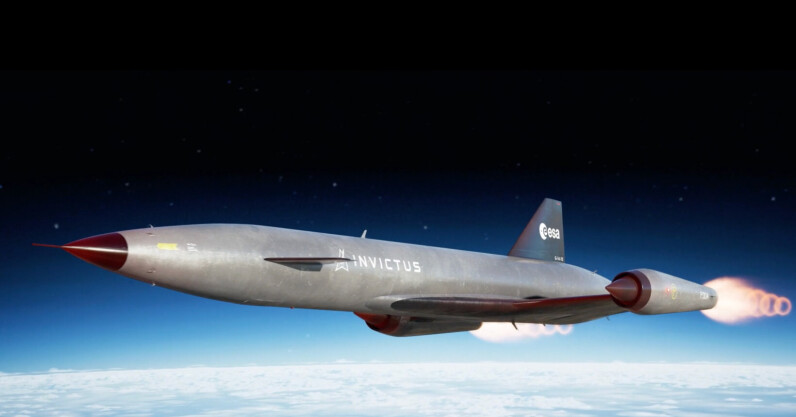Reading List
The most recent articles from a list of feeds I subscribe to.
Funding focus: Germany snaps up 90% of Europe’s record defence tech funding

Funding focus is a new series analysing cash flow into the European tech ecosystem. Last week, we looked at the largest investment rounds in fusion energy this year, and now we’re honing in on Europe’s booming defence tech arena. Europe’s defence tech startups secured $971mn in funding in the first half of this year, as VCs look to capitalise on the continent’s push to rearm amid heightened geopolitical tensions. Funding in H1 2025 has already shot past the whole of 2024 — the previous record year — which saw defence startups raise $605mn, according to Dealroom data. German startups led the…
This story continues at The Next Web
Britain just launched its top supercomputer. Here’s how it ranks globally

The UK has just launched its most advanced supercomputer — the 11th most powerful in the world. Isambard-AI, hosted at the University of Bristol, officially went live this week. The machine was built by Hewlett-Packard Enterprises (HPE) using its Cray EX architecture and fitted with over 5400 NVIDIA Grace Hopper superchips. Its raw computing power is measured at 216.5 petaflops, with a peak theoretical performance of 278.6 petaflops. For the uninitiated, one petaflop is equal to 1 quadrillion (1,000,000,000,000,000) calculations per second. The system is more than 10x faster than the UK’s next-fastest supercomputer — the Njoerd supercluster in London.…
This story continues at The Next Web
Denmark taps Microsoft to build world’s most powerful quantum computer

Denmark is aiming to stake a bold claim in the global quantum race with plans to build the world’s most powerful quantum computer. Backed by €80mn from EIFO (Denmark’s export and investment fund) and the Novo Nordisk Foundation, the new initiative — dubbed QuNorth — aims to deploy the Nordic region’s first “Level 2” quantum system. Microsoft and California-based Atom Computing will deliver the system, named Magne, after the mythological son of Thor. Microsoft will contribute its Azure Quantum software stack. Atom will provide hardware based on its “neutral atom” design. Magne is expected to include around 50 logical qubits…
This story continues at The Next Web
Or just read more coverage about: Microsoft
Norwegian investment firm joins AI gold rush to the frozen north

Norwegian industrial investment firm Aker has announced plans to build an AI “factory” in the Arctic. It’s the latest company heading to the far north to tap into abundant green energy and natural cooling for power-hungry data centres. The facility will be located in the Norwegian coastal town of Narvik, which lies 220km within the Arctic Circle. Aker’s president and CEO, Øyvind Eriksen said that the site already had access to 230MW of power and was ready for construction to commence. He added that discussions with potential tech firms and partners for the project were ongoing. However, Eriksen provided limited details…
This story continues at The Next Web
ESA spaceplane project revives bankrupt firm’s hypersonic engine

A bankrupt company’s propulsion system for hypersonic planes is being revived by Invictus, a new European Space Agency (ESA)-backed project aiming to build and fly a hydrogen-powered spaceplane by 2031. The proposed engine for the plane is based on so-called pre-cooler technology, developed over decades by UK aerospace firm Reaction Engines, which went bust in November. Many of Reaction Engines’ top engineers found a new home at British aerospace and defence company Frazer-Nash Consultancy, which is now leading the Invictus consortium. Other members of the group include US aircraft maker Spirit AeroSystems and Britain’s Cranfield University. Invictus aims to develop…
This story continues at The Next Web